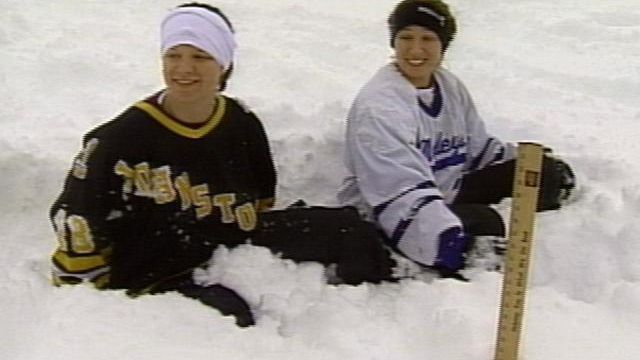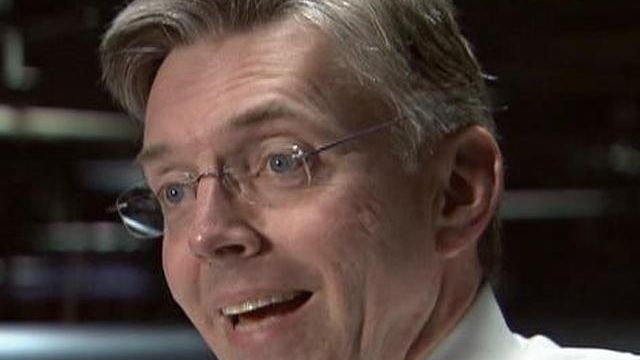Fishel recalls forecasting record 2000 snowfall
WRAL Chief Meteorologist Greg Fishel recalled difficulties forecasting the record snowfall of 2000 and lessons learned from the storm.
Posted — UpdatedStarting around 7 p.m. Jan. 24, 2000, 20.3 inches of snow fell at Raleigh-Durham International Airport, breaking snowfall records dating from 1893.
The first hint of the record snowfall came the day before with thunderstorms and 40-degree temperatures in Georgia.
"It was certainly indicative that this was a very, very potent system," Fishel said.
Still, computer models downplayed the possibility of a major snowstorm in North Carolina.
"I can't sit here and honestly tell you that it wasn't until late that evening that I had an idea it was going to turn out to be the epic storm," Fishel said.
Fishel blamed too much reliance on computer models and not enough on old-fashioned forecasting.
"We really have to be sensitive to the observations," he said. "Computer models are fiction by definition. They're great tools, but they're not infallible. They're only as good as the stuff human beings put into them."
Ten years of advancement in technology have made predicting big storms easier, Fishel said, but he fears that the same mistakes could be made again.
"The disease that embedded forecasting, and I'm pointing the finger at myself as much as anybody, still holds true today – that there are times when we need to look at the data, do our best to recognize the pattern, think about the processes that are involved and go with that," he said.
Although it is easy for a veteran meteorologist to go it alone when disagreeing with the models, the motivation needs to be right, he said.
"You can't simply go with your gut simply for the sake of standing out," Fishel said. "I actually had someone tell me they would always go with a different forecast, because if they happened to be right, they would be a hero. That's not the right motivation.
"There's a great forecaster who used to be with the National Service who said, 'I'd rather be right than first,' and I've always remembered that," he concluded.
• Credits
Copyright 2024 by Capitol Broadcasting Company. All rights reserved. This material may not be published, broadcast, rewritten or redistributed.






